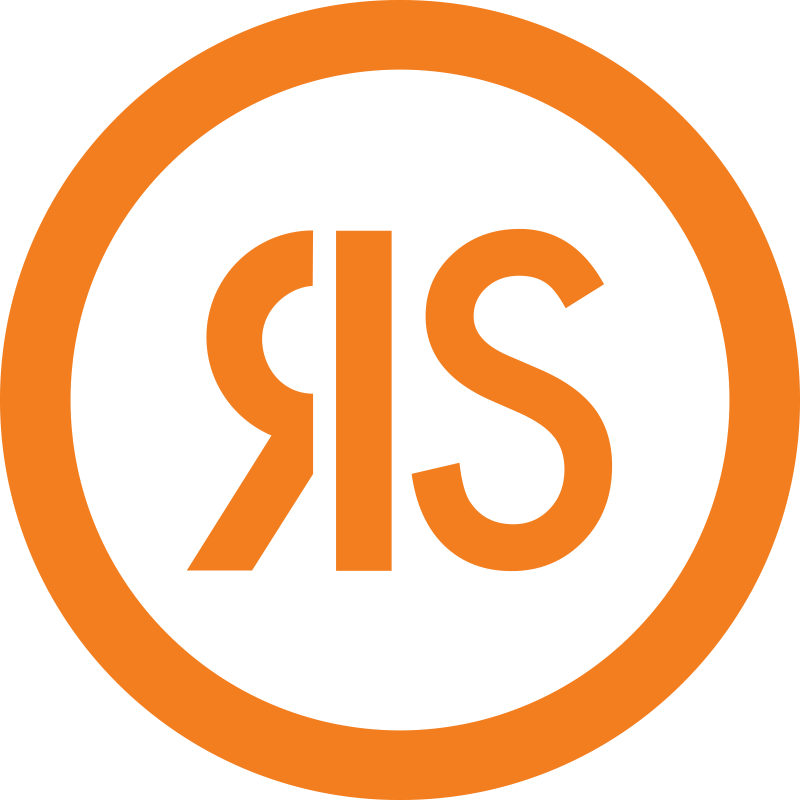The Art and Science of Literature Search

Someone once said that art and science have their meeting point in method. Nowhere is that statement truer than in scientific literature search. In this post, we’ll illustrate that point using the most basic of search concepts: the keyword.
Okay, let’s jump in. First, the science.
What better place to start than the database, itself. The great thing about scientific databases is that there are so many of them. The tough thing about databases is that there are so many of them. While each provides the usual host of operations that include searching within results, analyzing results, searching by taxonomic data, etc., they also have their own unique rules and features for conducting searches. What’s more, for a comprehensive search, say, in support of a regulatory finding, you quickly discover that one search does not fit all; the search syntax used actually varies by the database you’re searching.
Once those differences are squared away, when you perform a basic keyword search, the database system locates the matching words and phrases throughout the bibliographic record. That’s both the good news and the bad. Bad when the collection of articles of interest is really large and needs to be narrowed. That’s where the advanced search comes in.
The advanced search functions of the database provide the user with greater control, allowing for a more refined search. In addition, they permit multiple search terms in multiple fields to be searched for simultaneously.
The use of Boolean operators with your keywords will also help to narrow—or broaden—your search. These include the logical operators AND, OR, and NOT. If your search is retrieving too many articles, you can narrow your search by adding terms, or limiting terms to particular fields. But be careful: if the search is too narrow, you may miss important papers. This is especially important for regulatory filings.
There’s one more thing you’ll need to be heads-up about. Sometimes the keywords in scientific literature are contained in the metadata that have been applied to the articles. Other times, they’re in the article abstract or in the article itself, in which case, you’ll need to conduct a free-text search. And don’t neglect the indexing in the database, i.e., the tags that have been applied to the articles. The bottom line is that an effective “comprehensive” search must orchestrate multiple search tactics in an overall search strategy.
And that brings us to the art part.
The most difficult aspect of conducting a good search is figuring out which terms to use and how to combine them to find the most relevant scientific literature. So, how best to optimize? Start with a search statement. A search statement is a query that identifies the information you are searching for in a bibliographic database. There’s also a method to it. Because a topic can be described in many different ways, it can be helpful to break the search statement down into concepts and keywords. Here is a good example. The search statement is a terrific aid to thinking through your search parameters and also for surfacing keyword synonyms; if you don't include synonyms, you could miss a great deal of relevant literature.
If this is all starting to overwhelm, don’t worry. It’s normal. Scientific research, as you know, is not a linear process. The same goes for literature search. You may indeed need to perform multiple searches in multiple ways before you find the results you need. The key is in ensuring that the search strategy is broad enough to capture all relevant literature, but specific enough that it doesn’t yield a barrage of false hits. And that takes iterative tuning.
Whether arrived at via science or art, what ultimately matters is the quality of the results. Indeed, not all articles are created equal. Even when your search strategy has turned up the appropriate content, you’ve still got to filter those results for the articles that are going to provide the best possible research or clinical evidence you’re seeking. That’s where the right document delivery platform comes into play.
In addition to enabling you to search in your preferred discovery environments, whether it be Google Scholar, EMBASE, PubMed, or dozens of others, such a platform also helps you acquire the literature of interest in the most efficient manner possible. But even before you pull the trigger on an article purchase, what if that same platform could help you narrow your search results even further?
What if, rather than simply returning flat, face value search results, those same search results could be extracted for simplified viewing, and then augmented with Altmetric scores indicating the online popularity of citations, full text prices (including rental options when available), and give you even a heads-up if the document is already in your holdings or available through your current subscriptions? Indeed, bookending a robust search strategy with a powerful document acquisition solution will deliver the best of both worlds. And it sure is convenient.
When all else fails, just get help. Literature search is, in every sense of the word, a skill. The fact is, outside the realm of the R&D librarian, most biopharma professionals simply lack training in the ways of literature search. It’s okay. Reprints Desk can help there, too. Just ask.
Happy Searching!


